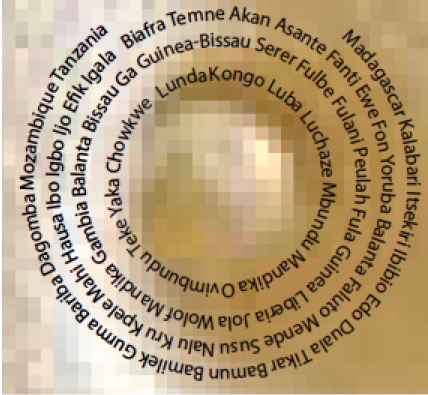Toni Morrison is being praised this week for her life’s work as an iconic Black American Woman author. At her passing, many have noted how the Nobel Prize winner chose to view the lives of Black people clearly beyond the “White gaze.” For those in the Middle Passage Ceremonies and Port Markers Project (MPCPMP), however, she directly inspired us to address the history of captive African ancestors who died in the transatlantic crossing.
More than 30 years ago, the great author expressed to her friend Rudy Lombard, a former MPCPMP Advisory Board member, that little or nothing had been done to pay homage to those lost in the trauma of the Middle Passage. She expressed the great need for commemoration and healing to confront this violent history. In 2011, the Project was established as a non-profit organization. MPCPMP encourages communities to hold remembrance ceremonies and install historic markers to honor the lives of the estimated two million children, women, and men who perished and the ten million who survived the transatlantic trade.

Using data primarily provided by Emory University’s Voyages: The Transatlantic Slave Trade Database, 52 U.S. Middle Passage documented arrival locations for 500,000 Africans have been identified along the North American Atlantic and Gulf coasts. Although not complete, this information helps local communities incorporate the presence and contributions of Africans alongside European invasion, conquest, and the nation’s development since 1513.
After the Project formally began, Ms. Morrison sent a letter on July 28, 2011, in which she wrote:
It was a pleasure reading the proposal for your Middle Passage Project. I can see why Rudy Lombard is so impressed with it. I am as well.
Its impact, if successful, will resonate internally and re-cast conventional history with the narrative too frequently absent from it.
Please let me know if there is anything I can do to help.
In her novel, Song of Solomon, Morrison describes the character Pilate as a person born without a navel who carries a treasure – her father’s bones – in a sack wherever she goes. Not only do we, as descendants of Middle Passage Africans, have a navel that connects us with previous generations, but we carry within our bodies the physical and spiritual evidence of our ancestral history.
It’s in our blood.
Honor and remember.
